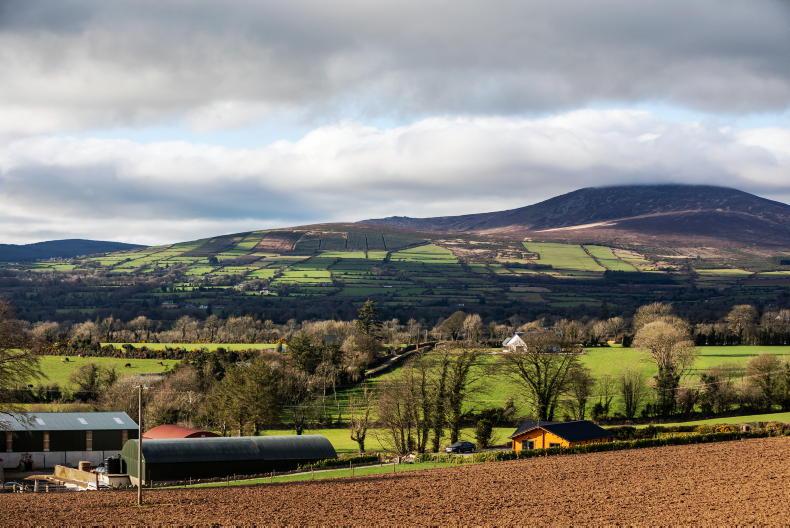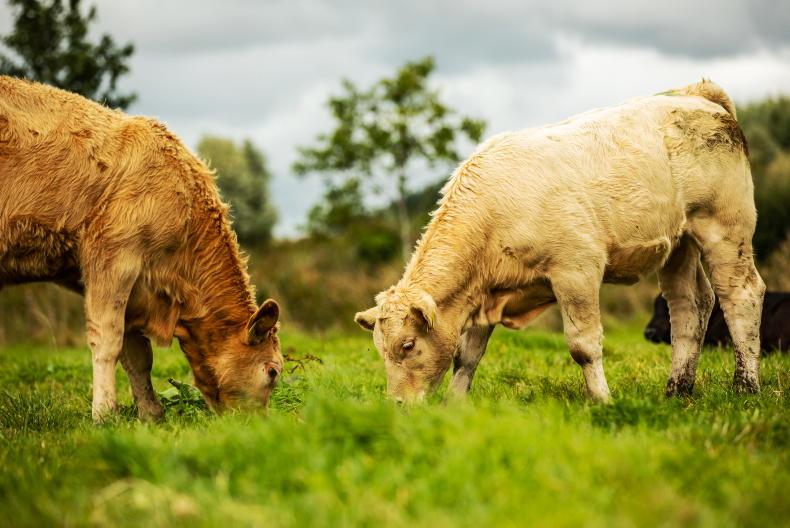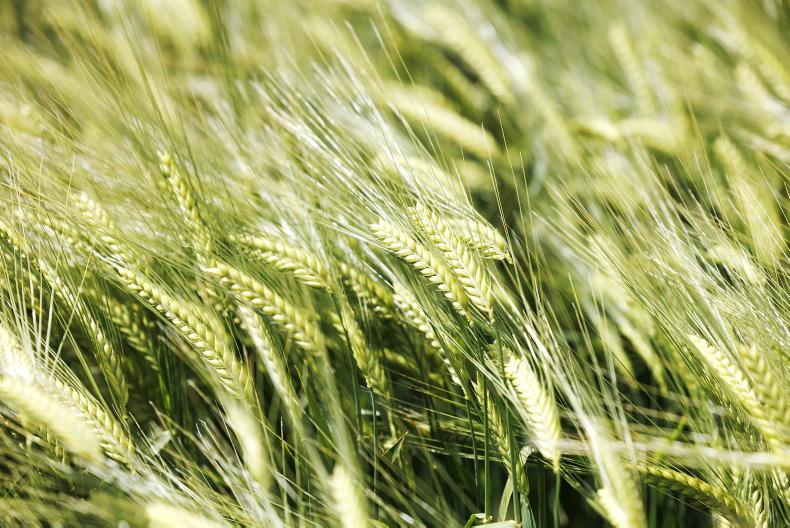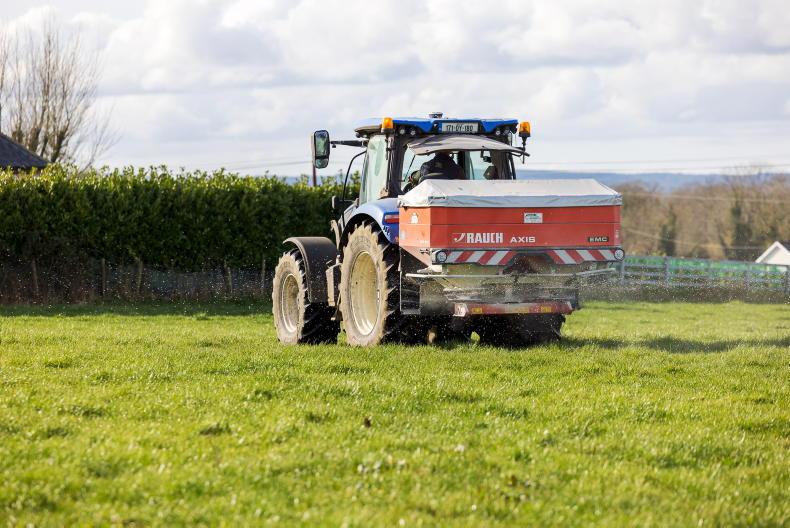The establishment of a national fertiliser database will be “critical to facilitating timely farmer payments” under Ireland’s proposed eco-scheme on limiting chemical nitrogen use, the Department of Agriculture has said.
A stakeholder consultative committee for the database has been set up by the Department and met for the first time on Wednesday.
This committee consists of representatives from the fertiliser industry, fertiliser retailers, agricultural contractors, farm organisations, Teagasc and the Agricultural Consultants Association. It will meet over the coming months as the Department works to establish a national fertiliser database.
“Establishment of this fertiliser database will be critical to facilitating timely farmer payments under Ireland’s proposed eco-scheme.
“It will also allow Ireland to meet its commitments to the European Commission arising from the recent review of the Nitrates Action Programme and the extension of Ireland’s nitrates derogation,” the Department said.
Establishment of this fertiliser database will be critical to facilitating timely farmer payments
In addition, it said the proposed database will provide “reliable data back to farmers” which they can then use to qualify for possible voluntary industry sustainability initiatives that will reward farmer actions – for example, in relation to the use of lime or the use of protected urea rather than alternative forms of chemical nitrogen.
The database is planned to come into effect from the start of 2023 to facilitate Ireland’s proposed eco-scheme.
It will record fertiliser sales and allow farmers to account for closing stock on-farm at the end of the fertiliser spreading season. It will also allow farmers view their own fertiliser data on the Department’s online portal, www.agfood.ie.
The proposed legislation required to underpin the database is expected to be finalised by the end of this year.
Reporting burden
The database will also reduce the existing reporting burden for farmers availing of the nitrates derogation while also ensuring a level playing field for all farmers, the Department said.
Responding to stakeholder questions during the meeting, Department officials explained this “is solely a register of fertiliser sales with the provision to account for closing stocks”.
There will be no farmer training or machinery calibration/registration requirements associated with the proposed national fertiliser database.
High level provisions
The Minister for Agriculture Charlie McConalogue said his Department’s objective in establishing the committee “is to facilitate communication with the relevant stakeholders, to allow us keep them informed, but more importantly to obtain and respond to their views and suggestions as we develop a practical system for data gathering and sharing”.
“The proposed legislation sets out high level provisions, however, it leaves scope for us to tailor these and I am seeking to identify how this will best work in a simple manner for all the stakeholders involved,” he said.









SHARING OPTIONS